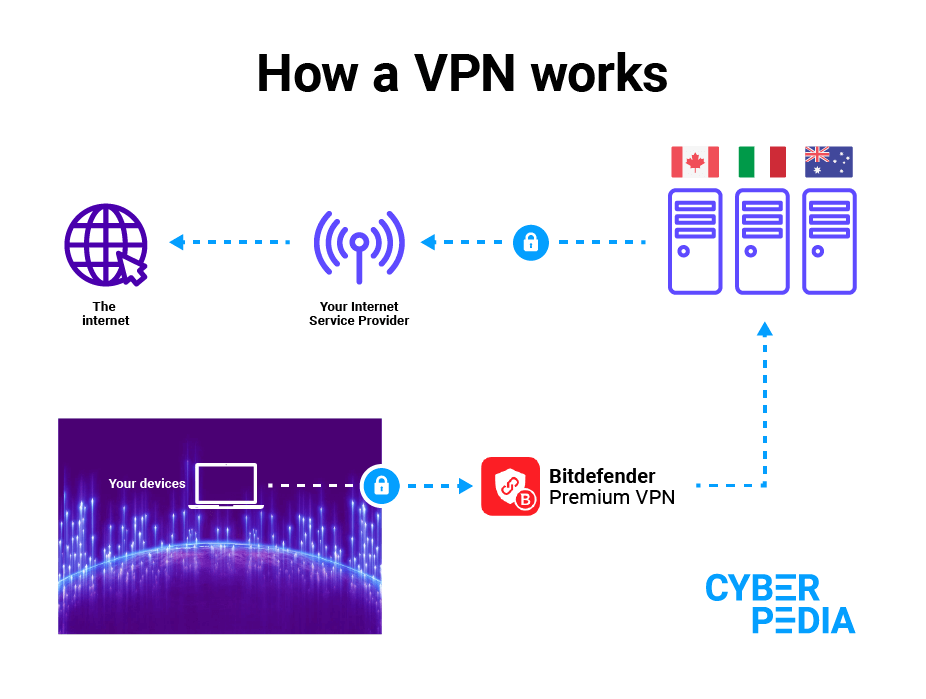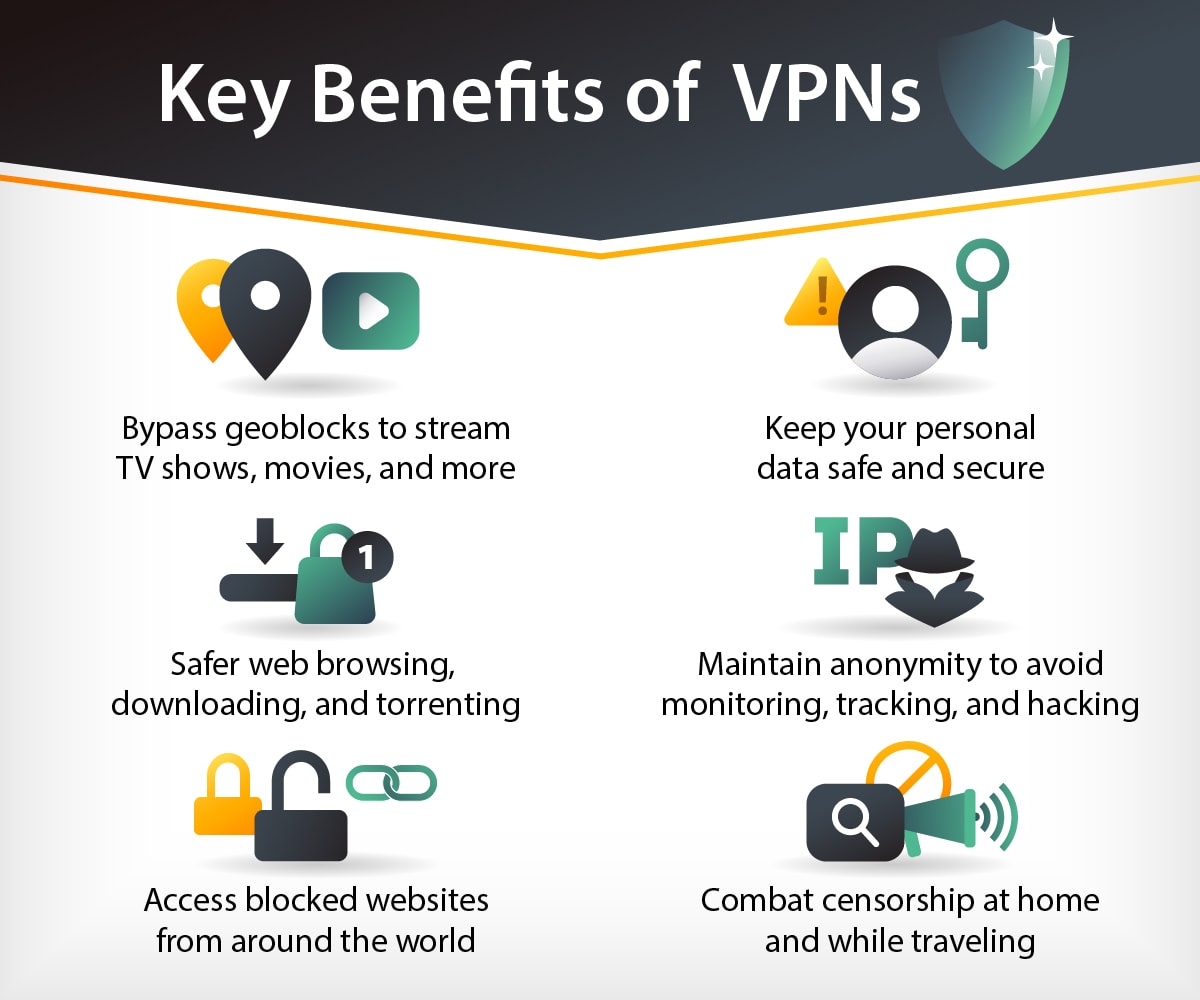Yes, a VPN is worth it for home use. It enhances security and privacy.
In today’s digital age, online security is crucial. Many people use the internet for shopping, banking, and communicating. This means their personal information is at risk. A VPN, or Virtual Private Network, can help protect this information. It creates a secure connection, hiding your data from hackers.
It also allows you to access content that may be restricted in your area. While some may think it’s only for tech-savvy individuals, a VPN is simple to use. It offers peace of mind for everyday internet users. In this post, we will explore why a VPN is a valuable tool for home use. Stay with us to learn more about its benefits.
Vpn Essentials
A VPN is a Virtual Private Network. It creates a secure connection. This hides your online actions. It helps keep your data safe. Many people use VPNs at home. They want to protect their privacy. VPNs also allow access to blocked sites. This means more freedom online.
VPNs create a secure tunnel. This tunnel hides your data. It makes it hard to track you. VPNs connect your device to a server. This server can be anywhere in the world. Your real IP address is hidden. The server’s IP address is shown instead. This keeps your information safe. VPNs also encrypt your data. Encryption makes your data unreadable to others.

Credit: www.bitdefender.com
Enhanced Security
Using a VPN can help keep your data safe. It encrypts your internet traffic. This means that hackers cannot see what you are doing. It is like sending a secret message. Only the person with the right key can read it. This keeps your personal information private.
A VPN provides a shield against hackers. They cannot easily access your network. It hides your real IP address. This makes it harder for hackers to find you. They will see the VPN server’s IP address instead. This adds an extra layer of security.
Privacy Matters
VPNs help you browse the web anonymously. Your IP address stays hidden. This means no one can trace your online activities. It provides a layer of security. Especially useful on public Wi-Fi networks. Keeps your personal data safe.
Many websites track your data. They use this data for ads. VPNs stop this tracking. Your online habits stay private. No more targeted ads. You control your personal information. Always a good practice to stay private.

Credit: www.vpnmentor.com
Access To Restricted Content
VPNs allow users to access content that is not available in their country. This includes streaming services, websites, and more. Streaming services like Netflix, Hulu, and BBC iPlayer offer different content in each country. A VPN can make it appear you are in a different country. This way, you can watch shows and movies not available in your location.
Some countries block certain websites. A VPN helps you visit these sites. It hides your location. This means you can browse freely and safely. It can be very useful for people who want to explore global content.
Safe Public Wi-fi Use
Public Wi-Fi can be risky. Hackers may steal your data. They can see your online actions. This includes passwords and emails. Always be cautious. Public networks are not secure. They often lack encryption. Your data is open to threats. Be aware and protect your information.
Using a VPN on public Wi-Fi is smart. It hides your online actions. It encrypts your data. This makes it safe. No one can see what you do online. Your personal info stays private. VPNs are easy to use. They help keep you safe on public networks.
Cost And Value
VPNs come in different price ranges. Some are free, while others charge a fee. Free VPNs might save money but can lack features. Paid VPNs offer more security and speed. Prices for paid VPNs vary. Some cost around $3 to $10 per month. Discounts are often available for longer plans.
Free VPNs have limited features. They may have slow speeds and fewer servers. Paid VPNs provide better service. They have faster speeds and more server options. Free VPNs might show ads. Paid VPNs usually do not. Free VPNs can have data limits. Paid VPNs offer unlimited data.
Performance Impact
Using a VPN may slow your internet speed. This happens because your data goes through more steps. The VPN encrypts your data, then sends it to a server. The server can be far away, adding more delay. Not all VPNs have the same speed. Some are better optimized for speed. Always check user reviews to see what others say about speed. A good VPN should not slow down your internet too much.
Pick a VPN that fits your needs. Look for one with many servers. More servers mean less crowding and better speeds. Check if the VPN has a no-logs policy. This means they do not store your data. Good customer support is also important. You might need help setting it up. Price matters too. Free VPNs can be slow or unsafe. Paid VPNs often offer better service and speed. Read reviews and compare features before deciding.

Credit: www.pcmag.com
User Experience
VPNs are easy to use. Most services offer simple apps. You only need to install and log in. Then, choose a server and click connect. Some apps even have a quick connect button. This makes it fast for beginners. There is no need for technical knowledge. The interfaces are user-friendly. Everything is self-explanatory.
VPNs work on many devices. Windows and Mac computers are supported. Smartphones with iOS or Android can use VPNs too. Even tablets and smart TVs are compatible. There are browser extensions for Chrome and Firefox. Some routers can also use VPNs. This protects all devices connected to it. Flexibility is a big plus.
Frequently Asked Questions
What Is A Vpn For Home Use?
A VPN for home use secures your internet connection. It encrypts your data, ensuring privacy and security online.
Does A Vpn Slow Down My Internet?
Using a VPN might slightly reduce your internet speed. However, premium VPNs minimize this effect, providing a stable connection.
Can A Vpn Protect My Personal Data?
Yes, a VPN protects your personal data. It encrypts your information, making it hard for hackers to access.
Is A Vpn Easy To Set Up At Home?
Setting up a VPN at home is simple. Most VPN providers offer user-friendly apps and easy installation guides.
Conclusion
Deciding to use a VPN at home is a smart choice. It protects your privacy and secures your internet connection. Your data stays safe from hackers and snoops. Streaming content becomes easier. Enjoy access to region-specific shows and movies. Online shopping can be safer too.
A VPN offers many benefits for home users. It’s an investment in online safety and freedom. So, is a VPN worth it for home use? Absolutely, yes.